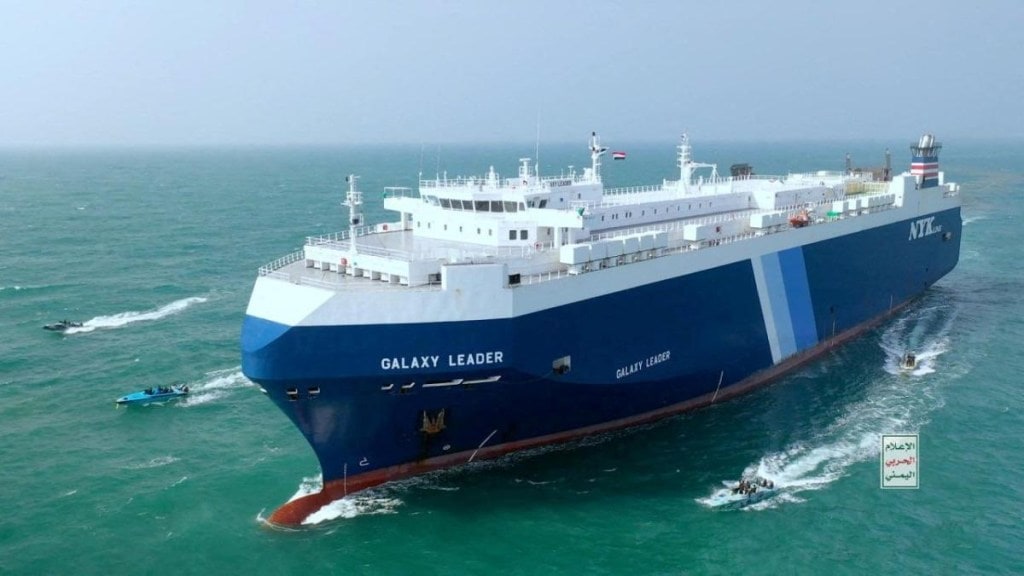A coalition of 12 nations, led by the United States, has issued a stern warning to Iran-backed Houthi rebels over their actions in the Red Sea. The group, including Australia, Bahrain, Belgium, Canada, Denmark, Germany, Italy, Japan, Netherlands, New Zealand, and the United Kingdom, urges an immediate halt to attacks on both civilian and naval vessels. They explicitly caution the Houthi rebels about potential consequences and call for the release of detained vessels and crews.
In a joint statement, the group emphasizes the illegality, unacceptability, and destabilizing nature of Houthi attacks in the Red Sea. They assert that there is no lawful justification for deliberately targeting civilian shipping and naval vessels. The use of unmanned aerial vehicles, small boats, and missiles, including anti-ship ballistic missiles, poses a direct threat to the freedom of navigation—a foundation of global trade in this critical waterway.
The Red Sea holds immense importance, with approximately 15 percent of global seaborne trade passing through, including 8 percent of the global grain trade, 12 percent of seaborne-traded oil, and 8 percent of the world’s liquefied natural gas trade. Ongoing attacks have added considerable risks to the region, impacting global shipping companies. Vessels reroute around the Cape of Good Hope, causing increased costs and delivery delays.
Recent events saw Houthi rebels claiming responsibility for an attack on a merchant ship in the Red Sea. To date, they have carried out more than 20 attacks on merchant vessels transiting through the Red Sea. Of particular concern is the Houthis’ warning that they will target ships linked to Israel. In response, the US, along with France and Britain, established a multinational naval task force to protect Red Sea shipping. This task force has actively responded to Houthi attacks, sinking their boats after an attempted boarding of a Maersk container ship.
While the coalition nations pledge to hold malign actors accountable for unlawful seizures and attacks, they haven’t specified additional steps beyond the U.S.-led naval task force. Reports suggest the U.S. and its allies are contemplating potential military strikes against the Houthis in Yemen, recognizing the maritime task force alone may not suffice to eliminate the threat to this vital waterway.
Rerouting vessels by commercial shippers not only raises costs but also causes delays in delivering essential commodities, including food, fuel, and international humanitarian assistance. Recognizing the severity of the situation, the United Nations Security Council convened to discuss the Red Sea attacks in response to requests from countries, including the US.
Nicolas de Riviere, the French envoy to the UN, emphasized the need for action, describing the threat as an additional challenge to the stability of the region.
The international community is closely monitoring the situation, and diplomatic efforts are underway to find a resolution. The coalition remains firm in its stance, emphasizing the need for the Houthi rebels to cease their actions and restore stability to this vital maritime region.

